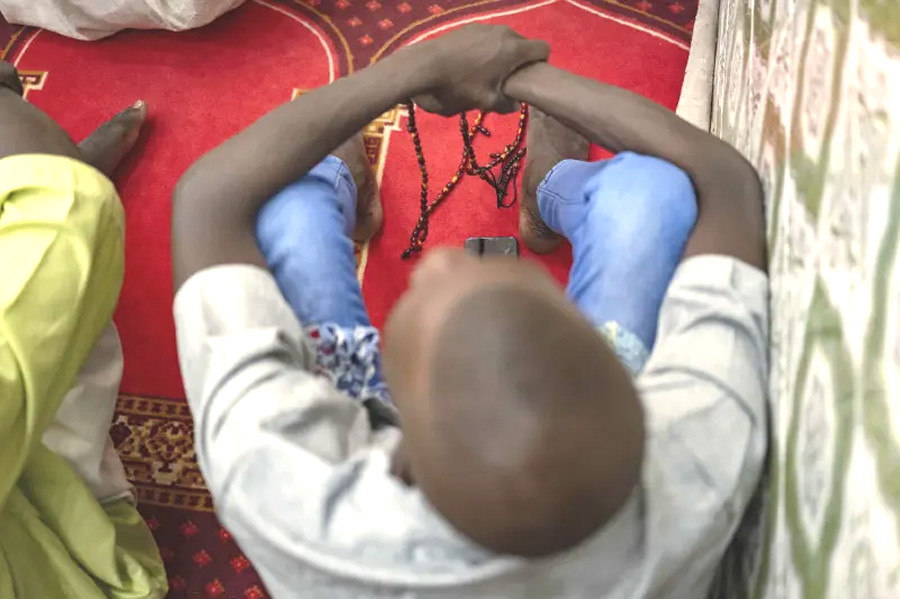
In several villages in Senegal, a unique project has been running for more than a decade: the "husband and wife school", designed to transform deeply rooted family customs.
The plan was launched in 2011 with the support of the United Nations and the Ministry of Women's Affairs. Its mission is clear: to engage men in maternal and child health and reduce preventable deaths. These schools aim to end gender-based violence and practices such as female genital mutilation.
In rural communities, where they are the ones who decide on health spending, they are encouraged to participate in prenatal consultations, accompany childbirth and promote family planning. Cultural change is worked from within, with local leaders becoming role models.
More than 300 men have already been trained in the 20 active schools. They then disseminate what they have learned in mosques, squares or neighbourhood meetings, where their voices carry weight and legitimacy.
The results are beginning to show: births in health centres are increasing and reluctance to use contraception is decreasing. However, official indicators remind us that maternal and neonatal mortality remains high and requires perseverance.
The programme has established itself as an innovative way to link gender equality and public health. Its promoters hope that, over time, such shared care practices will become the norm in Senegalese households.
Sources: apnews.com; aljazeera.com
